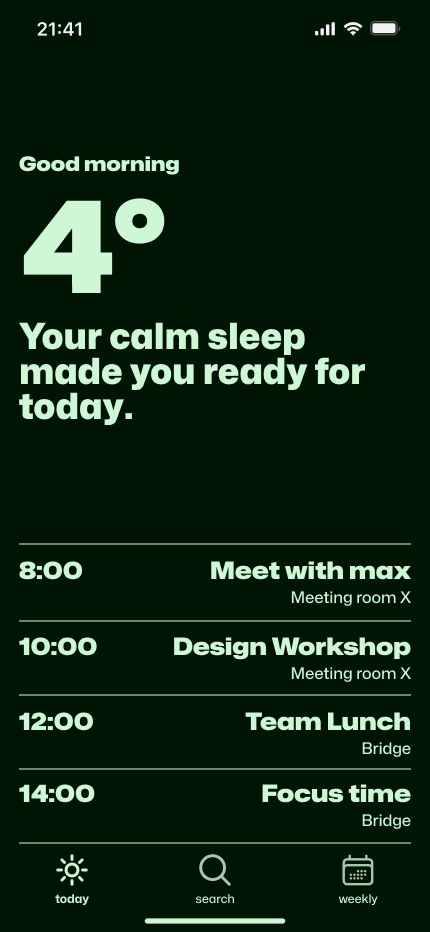CLIENT: FLEXYGIG
Increased onboarding engagement by
focusing on essential details
TIMELINE
JULY 23'- AUG 23'
INDUSTRY
B2C
PROJECT TYPE
MOBILE
ROLE
PRODUCT DESIGNER,
DESIGN RESEARCHER
Context
Gathering grounds facilitates a social user experience and in-person activities for users. The challenge lies in increasing the conversion rate of accepted event invites to actual attendees.
Client-provided data
Only 20% people go to in-person events.
Social fear and anxiety hinder individuals from forming new friendships.
Solution
Our team of four designers explored various designs with the help of user research and usability testing.
35%
users reported a significant improvement in their understanding of the context.
35%
users reported that all the included information was essential for completing a successful onboarding.
Understanding the users
What are the key factors when applying for and securing a job?
Applying and hiring online for temporary work often means data security and genuine postings are top of users' minds along with schedule flexibility and financial stability.
Understanding the market
How are they doing it?
We studied competitor apps in the market like Qwick, Spotwork, Task Rabbit, and etc. to understand how and what their onboarding flows contain.
ANALYSIS 1
Looking at content organization
Users go through a thorough onboarding process, including detailed checks to verify legitimacy and to ensure employer-employee accurate matches.
ANALYSIS 2
Making note of design layout and components
Users can progress through the flow by answering one question and providing one entry at a time, which are further divided into subcategories.
First Design Iterations
How do we choose which design direction to present to our users?
Each of us created our own interpretation of the best way to present the user interface, but the challenge was determining which design was most user-friendly. We addressed this by leaning on user feedback to guide us.
First Design Iterations
How do we choose which design direction to present to our users?
Each of us created our own interpretation of the best way to present the user interface, but the challenge was determining which design was most user-friendly. We addressed this by leaning on user feedback to guide us.
Improvements
Design Solutions
Introductory questionnaire screen explains why it’s important to fill out which is often skipped.


Categories are broadly
classified, then refined to relevant jobs and skills, organizing content and reducing user cognitive load.

Benefits workers to discern that the company and the job posting are legitimate and not fraudulent.
Review profile lets users take a quick look over their profile to make sure everything looks good.


Reflections
Takeaways
Users go through a thorough onboarding process, including detailed checks to verify legitimacy and to ensure employer-employee accurate matches.
Next Steps
Users can progress through the flow by answering one question and providing one entry at a time, which are further divided into subcategories.



